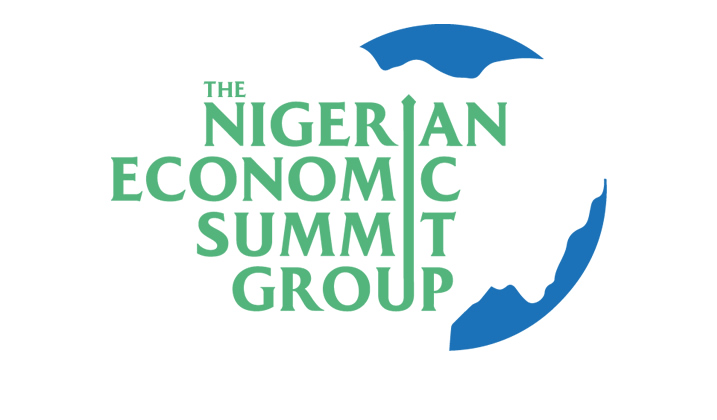604
By Tracy Moses
The Nigerian Economic Summit Group (NESG) has disclosed that critical stakeholders from both the public and private sectors will converge in Abuja for the 31st Nigerian Economic Summit (NES #31) to deliberate on innovative strategies in education, skills acquisition, healthcare, social protection, digital access, and financial inclusion.
According to a statement issued on Tuesday by the Acting Head of Strategic Communication & Advocacy at NESG, Ayanyinka Ayanlowo, these focus areas are essential for reducing inequality, strengthening human capital, and ensuring wider participation in national development.
Ayanlowo underscored the importance of “advancing inclusion for shared growth,” noting that the objective is to ensure that economic progress benefits all Nigerians, rather than a select few.
She explained: “One of the Summit’s core sub-themes, ‘Advancing Inclusion for Shared Growth,’ is a call to action, urging policymakers and stakeholders to design reforms that empower those on the margins and place them at the centre of Nigeria’s growth story. Inclusion is no longer an optional policy add-on, but the bedrock of a resilient and united nation.”
Highlighting the country’s existing socio-economic gaps across gender, age, geography, and ability, Ayanlowo maintained that deliberate policies and programmes are needed to ensure equal access to opportunities.
She further noted that inclusive growth goes beyond expanding GDP, describing it as expanding opportunities for citizens to participate in and benefit from national prosperity. “Millions of Nigerians, women, youths, people with disabilities, and underserved communities, remain excluded from the formal economy. Closing these gaps is essential to unlocking Nigeria’s full productive capacity,” she added.
The statement explained that this year’s Summit, themed “Sustaining Reforms for Prosperity and Inclusive Development,” will assess how reforms can break structural barriers and drive long-term inclusion.
Discussions under this agenda will cover gender-responsive budgeting, inclusive policy frameworks, equitable access to quality education, healthcare, and jobs, as well as leveraging technology to drive inclusion in governance, finance, and enterprise. Other areas include enhancing legal protection for vulnerable groups and mainstreaming youth innovation in development policies.
By prioritising inclusion, NES #31 seeks to reinforce the principle that sustainable growth must uplift every citizen. The agenda aligns with the NESG’s “Arc of the Possible” strategy, which identifies productivity, job creation, and population governance as central pillars for Nigeria’s medium-term development (2025–2030).
Ayanlowo emphasized that inclusion should transcend being just a theme, urging that it must evolve into a national ethos. She added that the Summit will provide a platform for government, private sector, civil society, and development partners to make strong commitments and pursue practical, results-driven solutions.
“Only through collective effort and inclusive reforms can Nigeria achieve a form of prosperity that is not only broad-based but truly felt by all,” she concluded.



